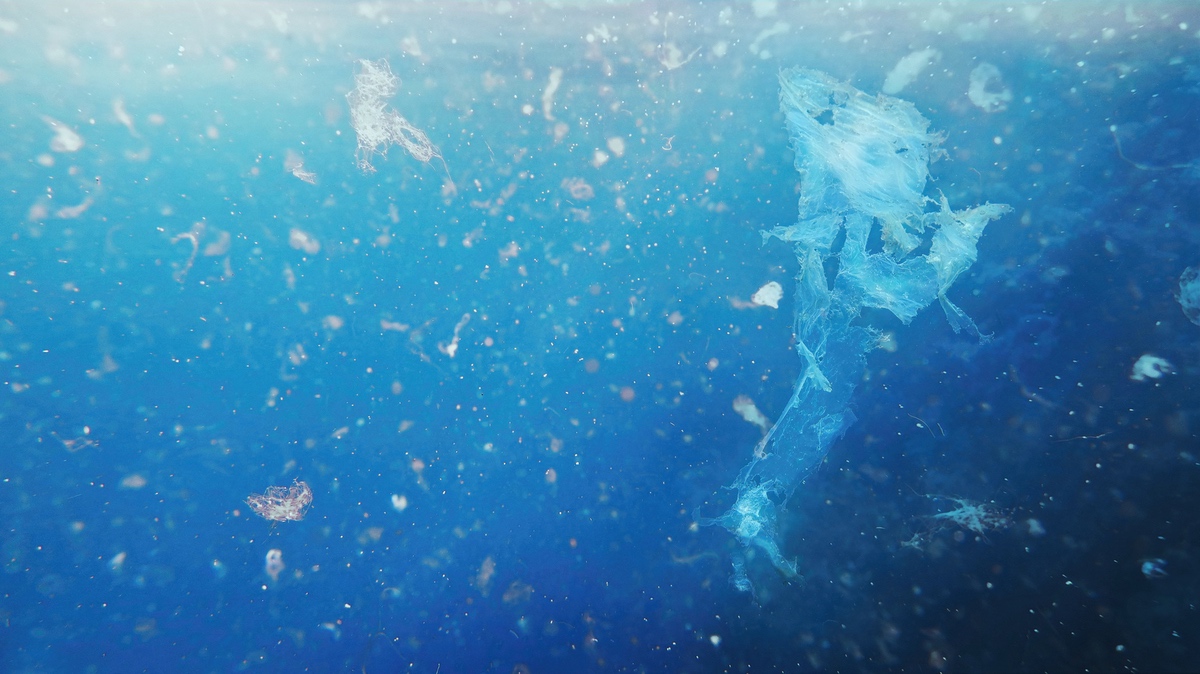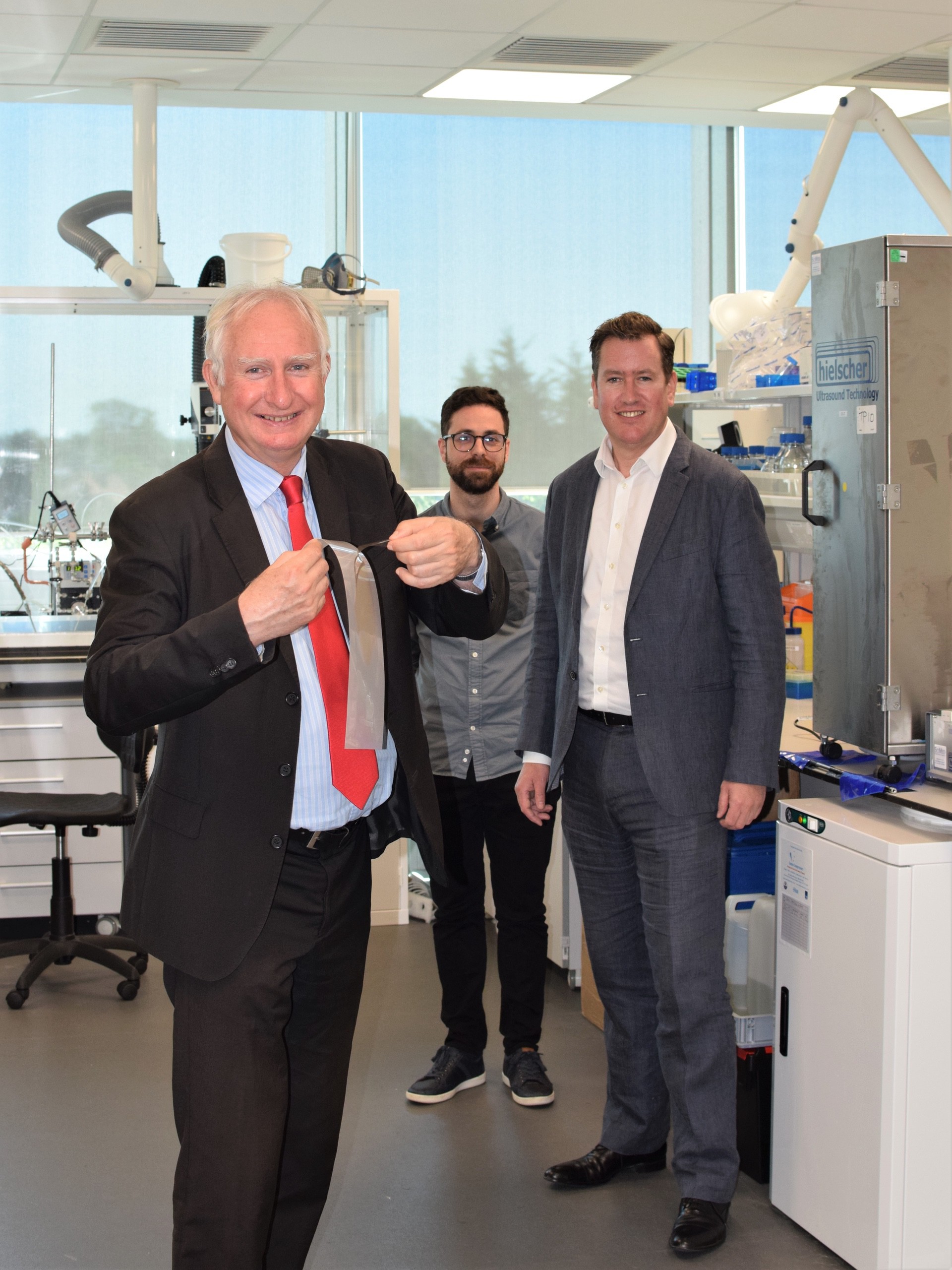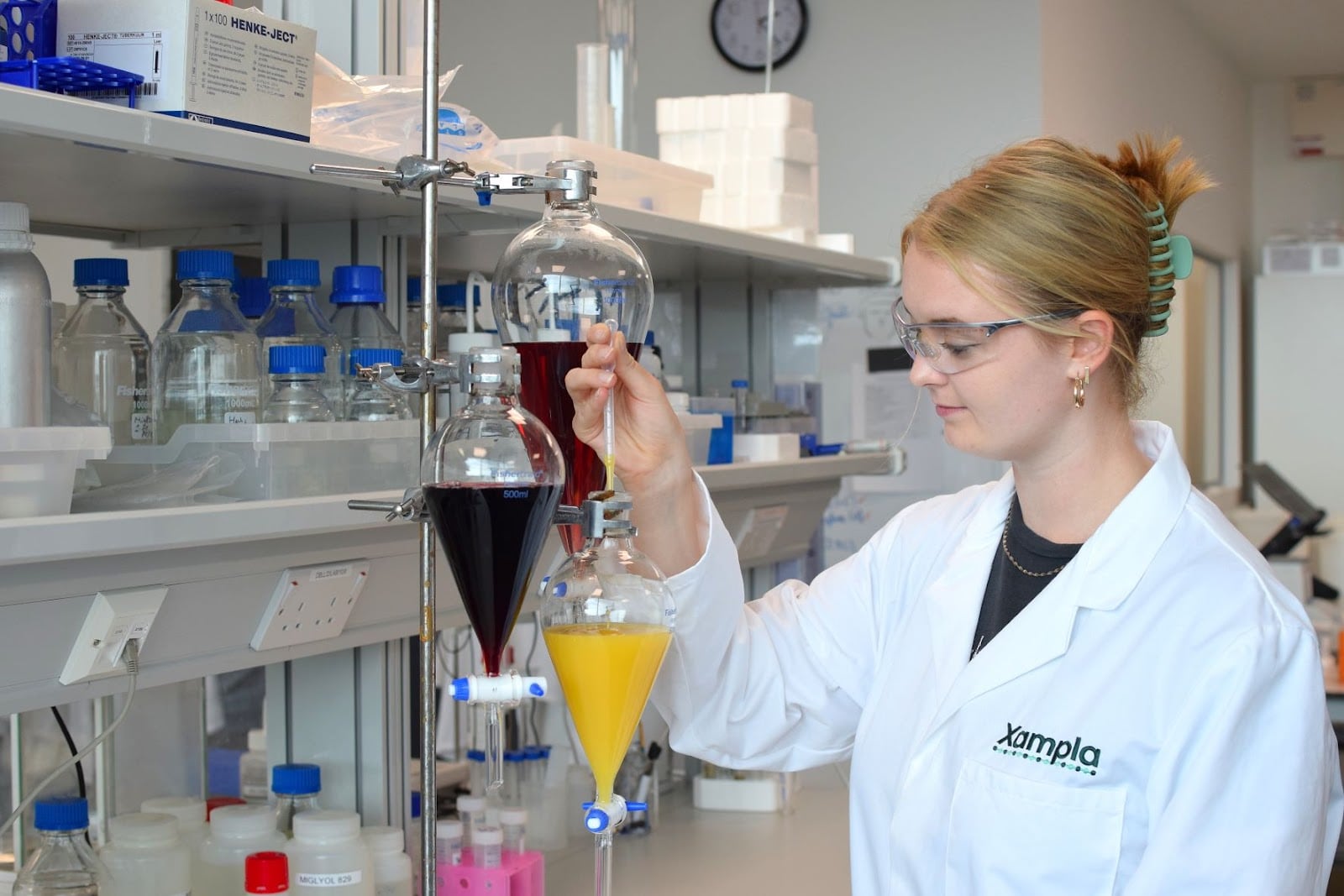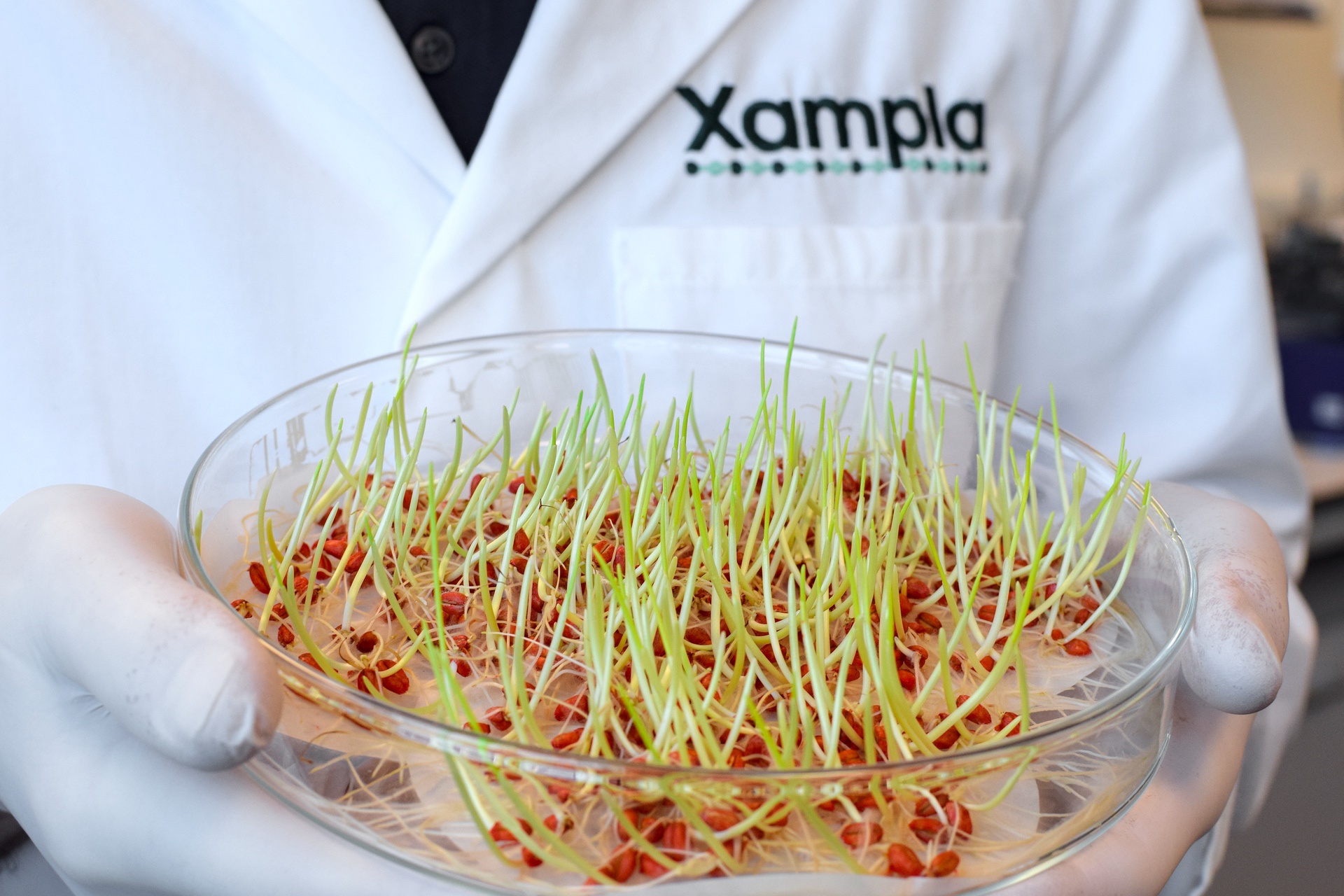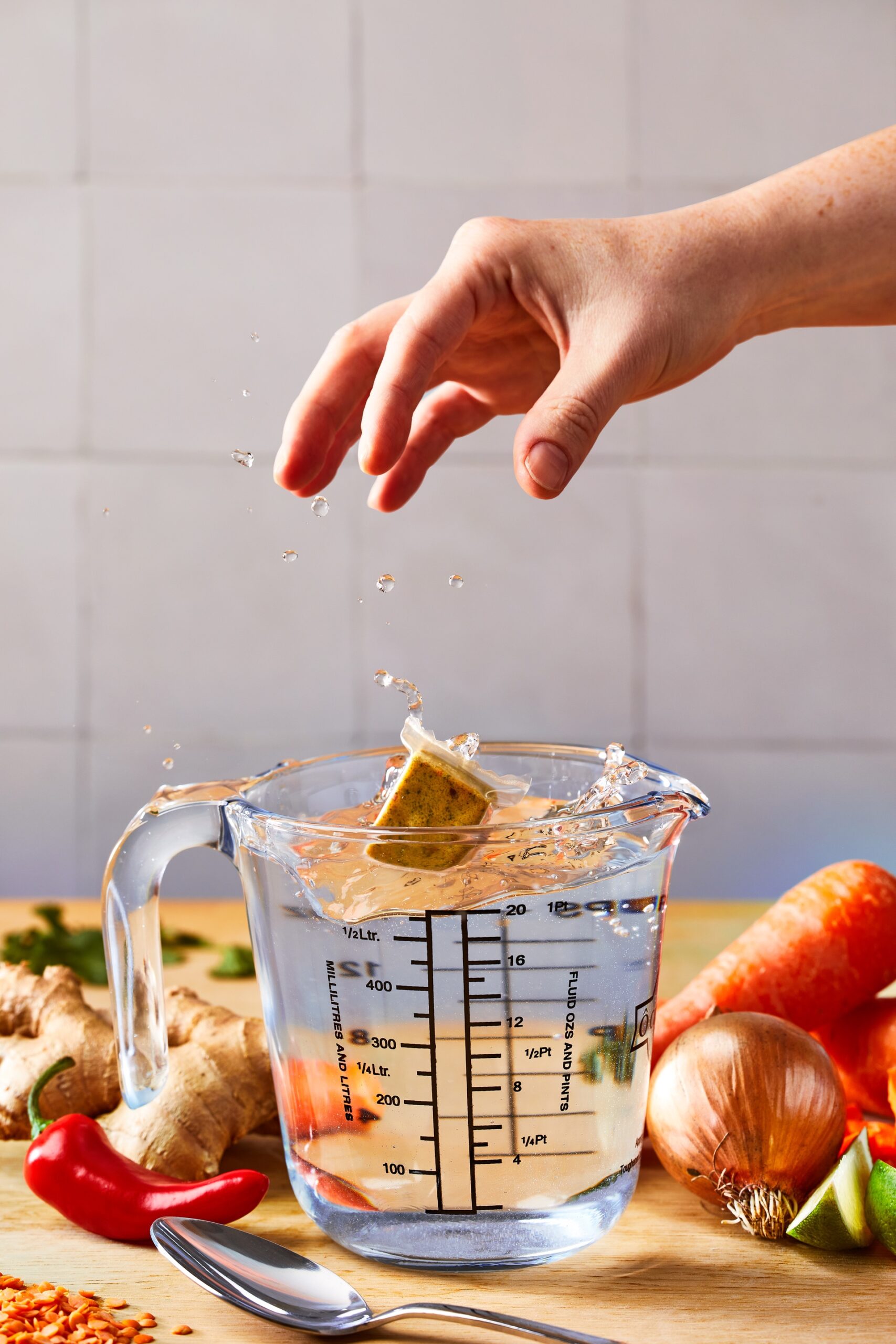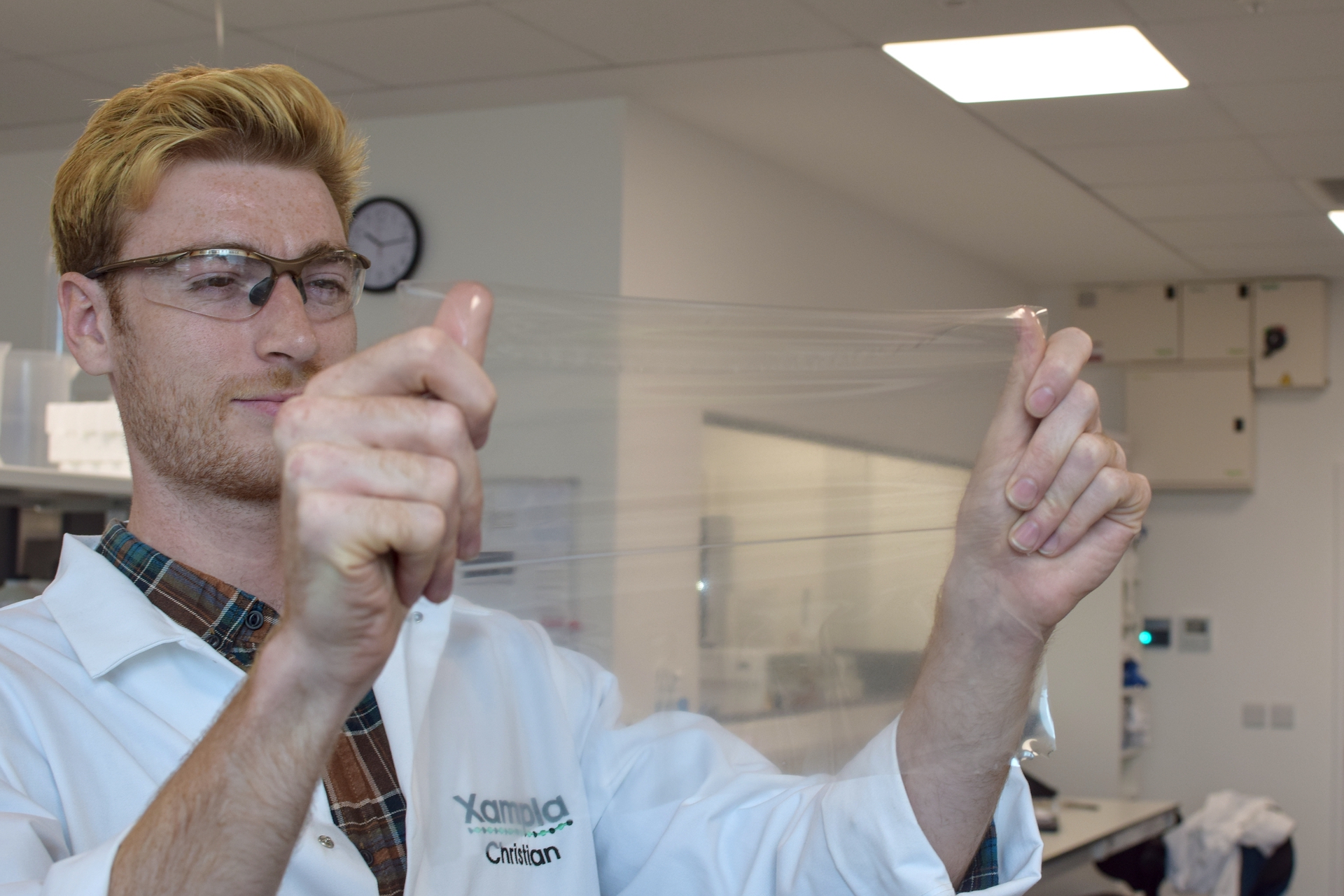New survey of more than 2000 UK adults finds that 49 percent will make a New Year’s resolution to use less plastic in 2022.
- Three quarters (73 percent) say they would like more opportunity to buy food wrapped in alternatives to plastic next year.
- But only 15 percent say they are ‘definitely’ clear about what plastic alternatives are genuinely better for the environment.
- A lack of clarity about plastic alternatives is shared by 6 out of 10 “fast moving consumer goods” (FMCG) brand managers who – in a separate survey this year – said they don’t know where to find credible solutions to the plastic problem.
- Global solutions organisation, A Plastic Planet, hails home-grown British plastic replacement from Cambridge-based Xampla as ‘genuinely revolutionary’.
New polling reveals that 49 percent of UK adults will make a New Year’s resolution to use less plastic in 2022.
After a Christmas full of plastic, 73 percent of consumers want more opportunity to buy food that is wrapped in alternatives next year. But only 14 percent say they are ‘definitely’ clear which alternatives to plastic are really sustainable.
The surveys were commissioned by Cambridge-based Xampla, which is making the world’s first plant protein alternative to plastic for commercial use. The certified B Corporation’s mission is to reduce plastic pollution, and it will deploy its “natural polymer” replacement to plastic across the food and home cleaning products sector in the coming year.
The home-grown British technology is already in households across the United Kingdom, following Gousto’s use of Xampla edible film to wrap its stock cubes in November. If the material were used in all the company’s meal kits, 17 tonnes of single use plastic would be replaced annually.
With ten million turkeys consumed each Christmas in the UK, this natural material could also replace the plastic wrappings around meat and vegetables, doing away with hundreds of thousands of tonnes of unrecyclable plastic films.
Xampla CEO Simon Hombersley said:
The sheer scale of plastic use this Christmas reminds us that consumers and brands alike need alternatives which can match the performance of plastic, without the harmful effects.
It is so encouraging to see half of those we surveyed saying they will make a New Year’s resolution to use less plastic, but it is up to government and the big brands to help people follow through.
By moving away from plastic towards the natural polymers we have created, there is a real opportunity next year and in the coming years to say goodbye to plastic with a credible alternative.
Xampla’s ‘plastic which doesn’t pollute’ started in development 15 years ago at the University of Cambridge, with scientists asking “how does a spider make silk”.
Silk is a protein material five times stronger than steel, but which occurs naturally and breaks down naturally.
The fast-growing British start-up has since successfully engineered polymers found in nature to emulate spider silk, and demonstrated the first rolls of its alternative to plastic film coming off production lines in 2021.
In a separate survey, 9 in 10 expert buyers at leading consumer brands said they believed it was important for their companies to transition away from conventional plastic. However, 60 percent are confused by the sustainability claims of packaging solutions and the same proportion do not know where to find trustworthy alternatives.
Polling also shows that 69 percent of the public prefer sustainable plastic alternatives to relying on recycling, endorsing the Prime Minister’s recent statement that “recycling doesn’t work”.
Sian Sutherland, Co-Founder of global solutions organisation, A Plastic Planet, which advises major brands on shifting away from plastic added:
Next year has to be about turning off the plastic tap.
The public is rightly increasingly sceptical of recycling, since plastic can only ever be ‘down-cycled’ and the whole process is from production to recycling to re-production is highly carbon intensive.
Xampla’s technology is genuinely revolutionary. It could help wean the world off its addiction to plastic and away from the fantasy that recycling can solve the problems plastics cause.
